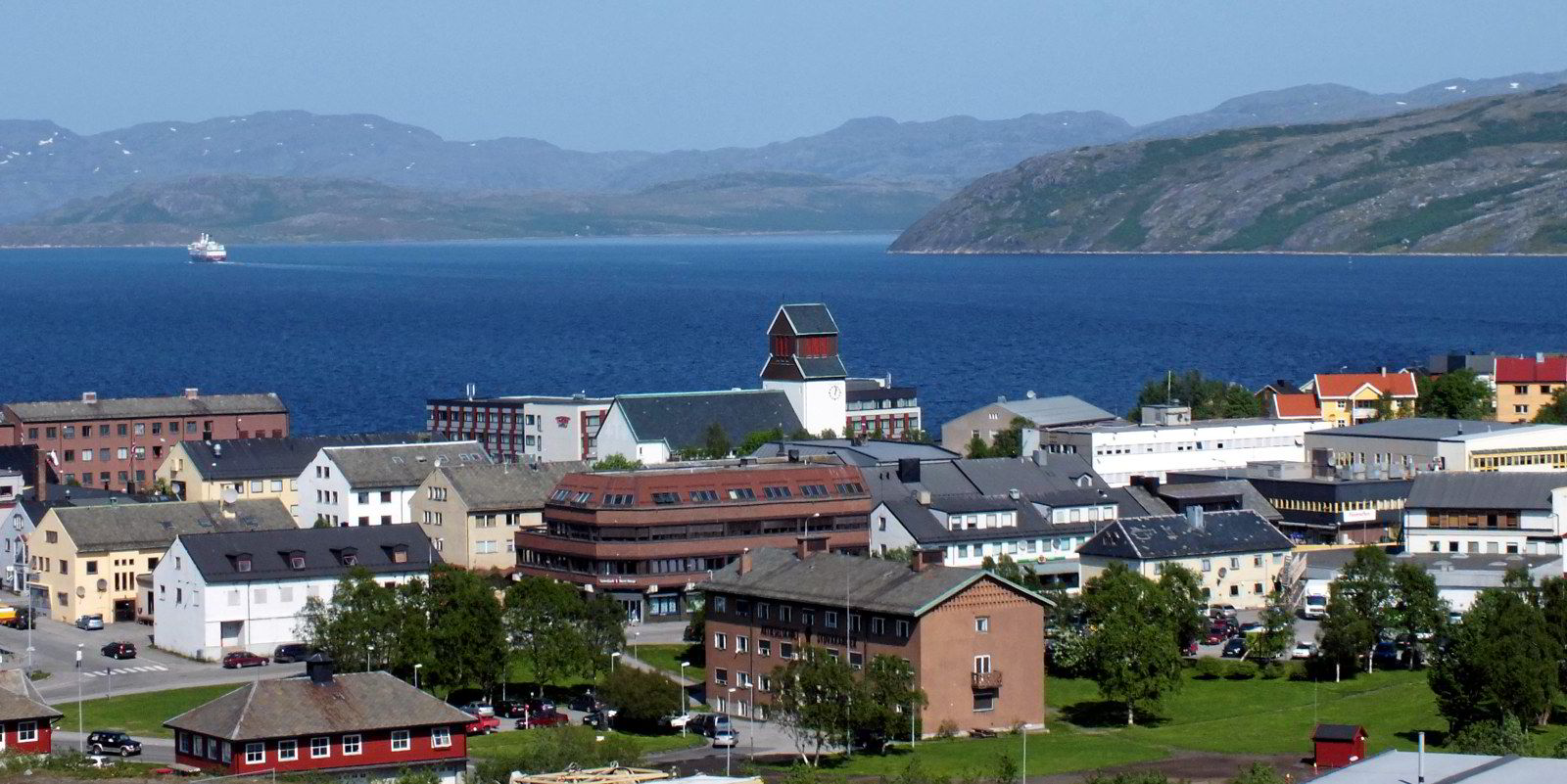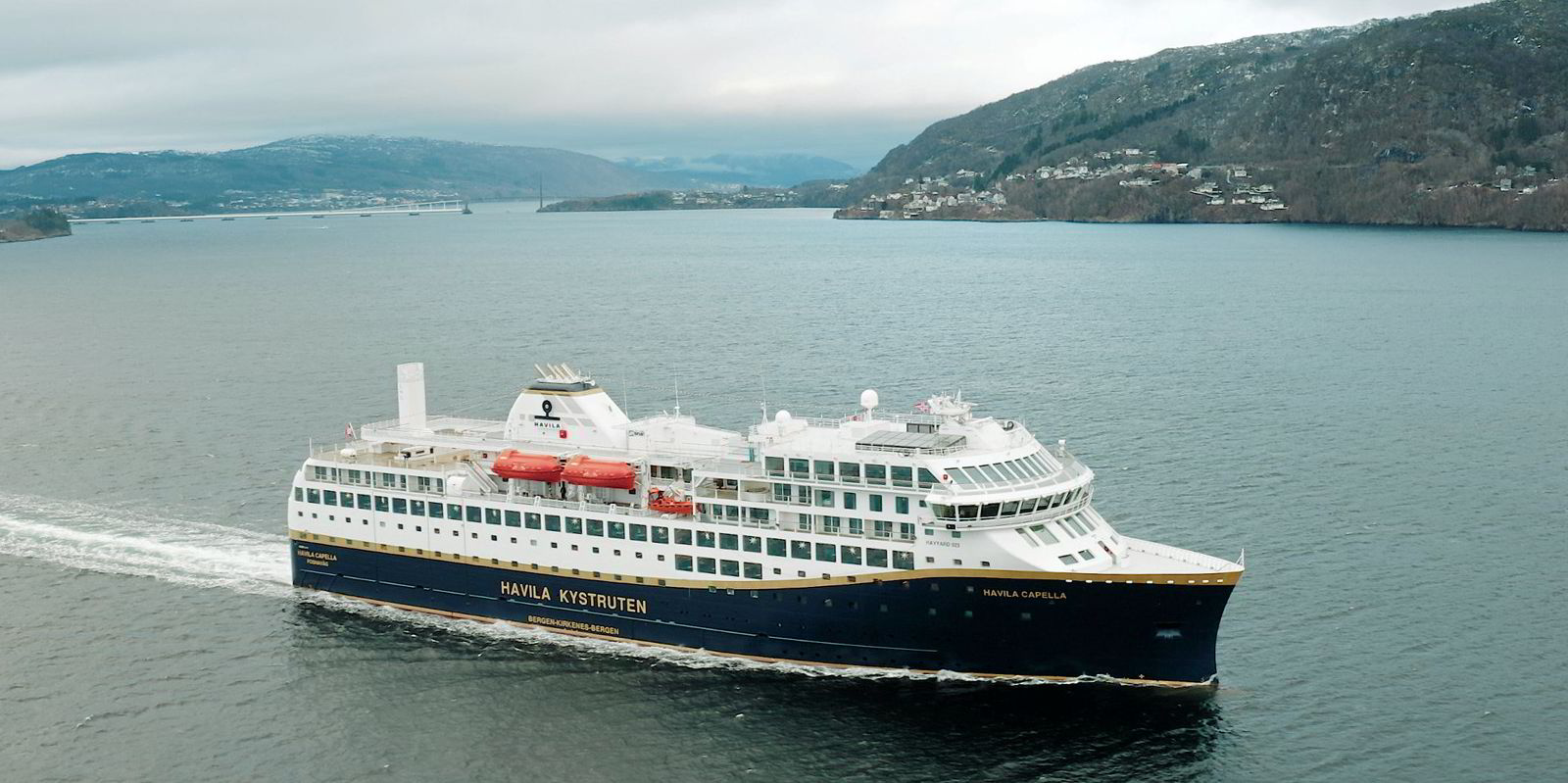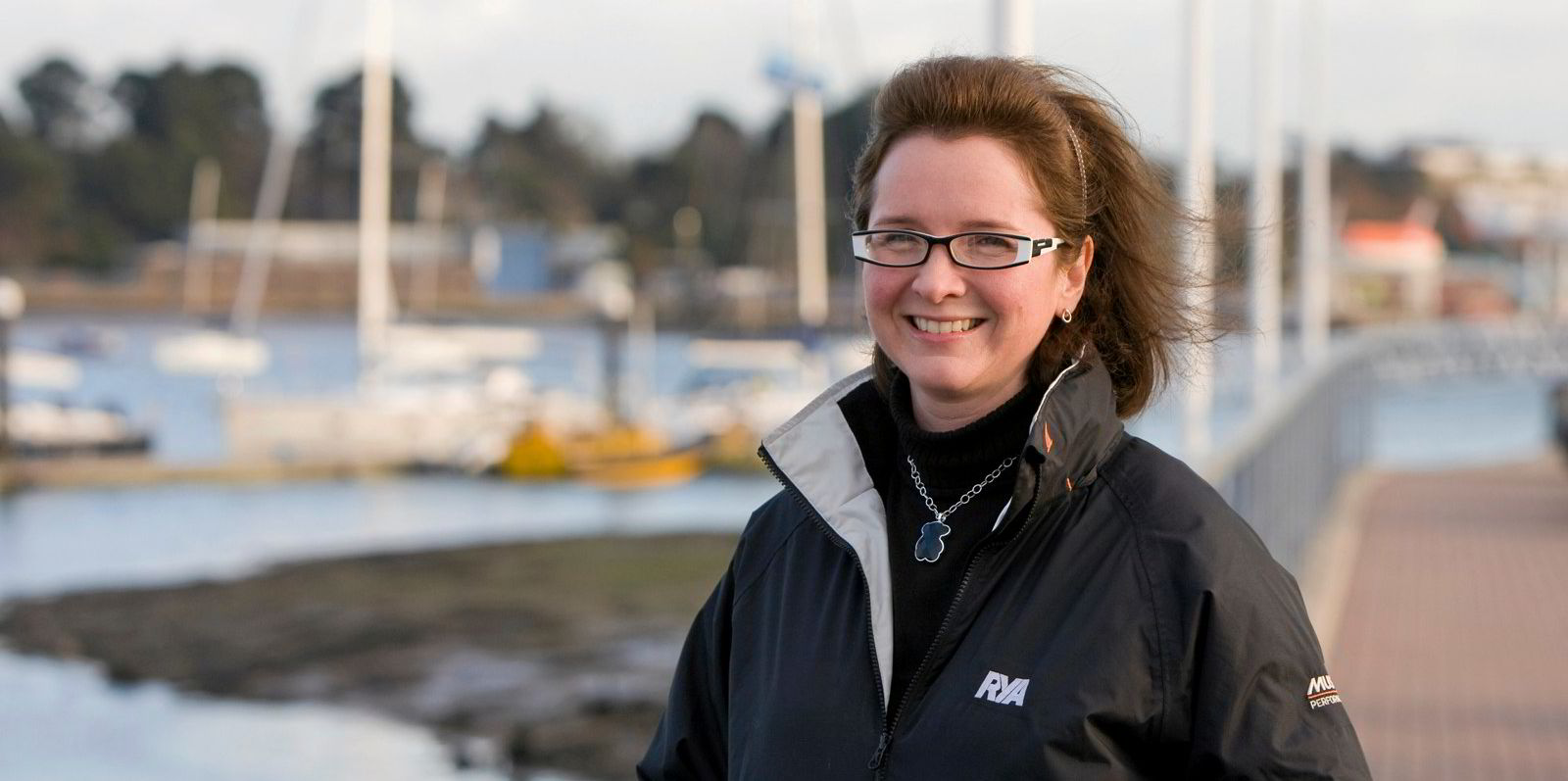The Norwegian government has said it will close its ports to Russian ships as of 8 May, a full month after the European Union issued a directive to that effect in response to Russia’s invasion of Ukraine.
The big exceptions are the Arctic islands of Spitzbergen traffic, where Russia has rights as a signatory to the multilateral treaty, and fisheries, which account for a substantial majority of Russian port calls in Norway.
EU sanctions were announced on 8 April and went into effect on 16 April. Norwegian politicians had signalled they would follow but have met resistance from coastal communities above the Arctic Circle, whose economies are tied to calls of Russian vessels, as well as criticism from centre-right politicians for moving too slowly on the sanctions package.
The new rules also cover Russian truck traffic across the two countries’ border at Europe’s extreme north, where the closure was immediate.
Norway’s Labour Party-led left-centre coalition government has spent the last weeks consulting extensively with regional interests before implementing the decision, which affects the north Norwegian coastal strip most directly.
Norwegian state broadcaster NRK reported that talks with Brussels over the ban also took time, with detailed provisions under discussion almost to the end.
Of 1,595 port calls by Russian-flag vessels in 2021, 978 or over 60% were fishing vessels or other vessels serving the fisheries industry, according to official sources cited by the Norwegian state broadcaster.
Norwegian fisheries and oceans minister Bjornar Skjaerran told the broadcaster that Norway’s exception for fisheries mirrors an identical provision by EU states.
Norway, although not a member of the EU, is bound by many of the bloc’s decisions as a signatory of the European free trade agreement.
The Spitzbergen exception covers a relatively small number of ships but is crucial for the economy of that far northern territory. Norway’s sovereignty over Spitzbergen is the subject of a 1925 treaty that settled competing claims to the island group, but other signators including the Soviet Union were granted commercial rights. The Russian Federation took the Soviet Union’s place as a signatory in 1992.
Under the new rules, Russian-related persons and entities who are the specifically designated targets of EU sanctions will be banned from Norway even if they fall under the fisheries exception, Norwegian officials explained to domestic journalists.
That would include the superyachts and other shipping interests of Russian oligarchs that may call, but more significantly ships financially owned or controlled by designated sanctioned entities. TradeWinds has previously reported on the struggles of cruise ferry operator Havila Kystruten, whose previous financier GTLK fell foul of the rules.





